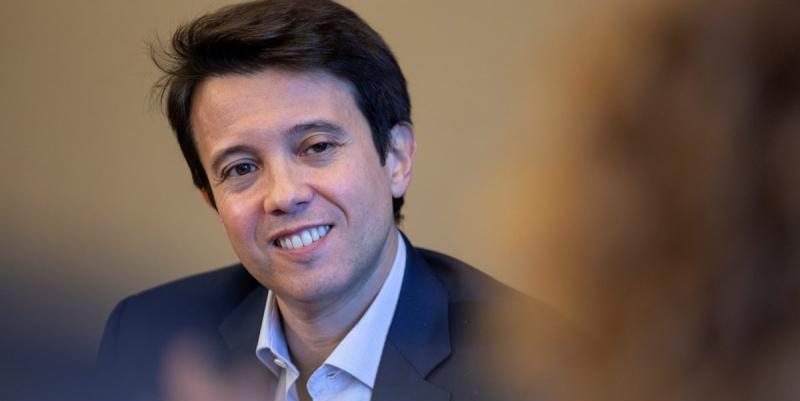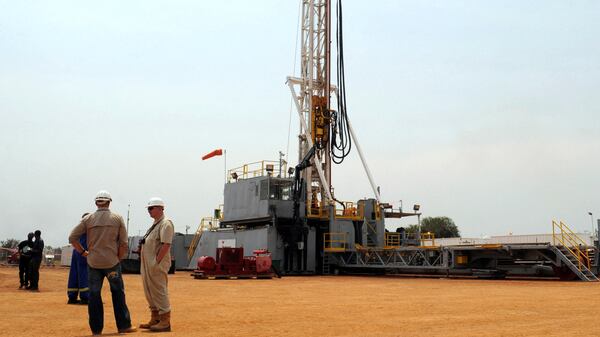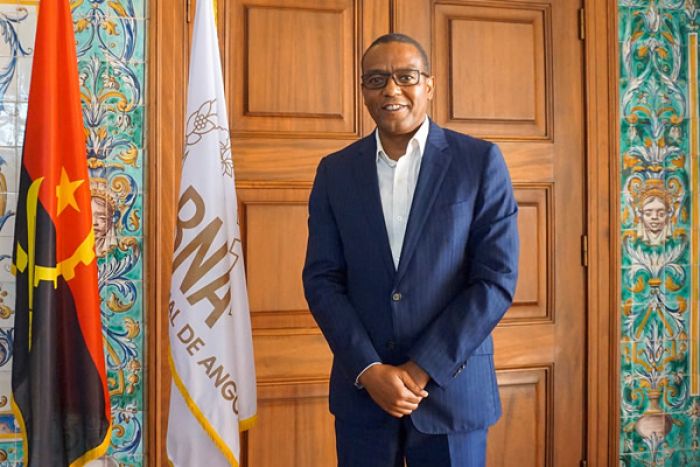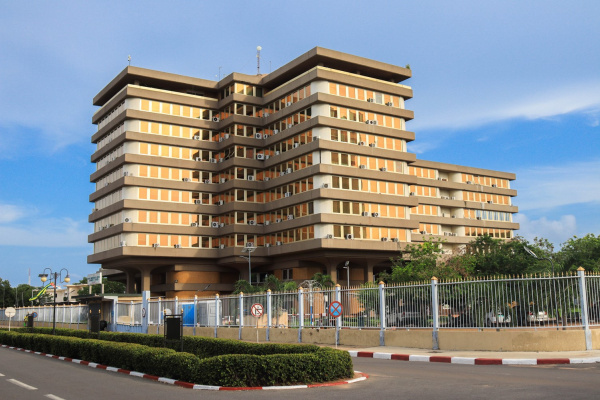In a move that could shift the energy landscape in West Africa, Portuguese multinational Mota-Engil is in advanced talks to acquire Nigerian firm DBN Energies, a strategic step poised to deepen its footprint in the region’s lucrative oil and gas sector. While the official deal has not yet been finalized, industry insiders suggest this acquisition could signal more than just expansion—it could represent a re-calibration of foreign interest in Africa’s energy assets. But what exactly lies behind this deal, and why does it matter?
Unpacking the Deal. DBN Energies, headquartered in Lagos, is a heavyweight in engineering, procurement, and construction (EPC) services, with a client list that reads like a who’s who of the global oil industry—Total, Shell, ExxonMobil, Agip, and Nigeria’s state-owned NNPC. The company is controlled by Kola Karim, the influential Nigerian businessman behind Shoreline Group, a conglomerate with interests in energy, telecommunications, agriculture, and infrastructure.
Importantly, Mota-Engil and Karim are not strangers. Their relationship dates back to 2018, when they launched a joint venture—Mota-Engil Nigeria Limited—with Karim’s Shoreline holding a 49% stake. This new acquisition bid appears to be a logical evolution of that partnership, allowing Mota-Engil to absorb DBN’s oil and gas expertise and gain faster access to major projects across the continent.
The implications are vast: integration of DBN Energies into Mota-Engil’s operations not only secures immediate access to high-value EPC contracts but also deepens the Portuguese firm’s reach into the complex onshore and offshore oil ecosystems of Nigeria and West Africa.
Nigeria, Mota-Engil’s African Keystone. Nigeria has become central to Mota-Engil’s African strategy. In 2024 alone, the West African giant accounted for 13% of the company’s global engineering and construction order book, placing it just behind Angola and Mexico. Nigeria also represented 30% of Mota-Engil Africa’s total turnover last year.
The company’s current portfolio in Nigeria is impressive and diverse. It is executing its largest-ever contract—a 378-kilometer railway linking Kano in Nigeria to Maradi in Niger, valued at a staggering $1.82 billion. It also holds airport concessions in Abuja and Kano, in partnership with Corporación América, and multiple highway deals with Africa Finance Corporation.
The proposed DBN acquisition is not a side hustle. It’s a strategic pivot into energy, further diversifying a portfolio that already spans transport infrastructure and aviation.
The Energy Angle: Why DBN Energies? What makes DBN Energies so attractive? For one, its client base is bulletproof. Securing EPC contracts with global majors like Shell and Total is not just about revenue; it’s about credibility. With the global energy transition placing increasing emphasis on operational efficiency, security, and compliance, companies like DBN Energies—nimble, reliable, and well-networked—are invaluable assets.
Furthermore, DBN brings deep operational know-how in both upstream and downstream segments, giving Mota-Engil a plug-and-play capability as it expands in energy-rich regions. It also allows the Portuguese company to fast-track its ambitions in West Africa’s competitive oil and gas sector, without starting from scratch.
The partnership also leverages Kola Karim’s influence and experience. His Shoreline Natural Resources—another arm of the Shoreline Group—produces around 40,000 barrels of oil daily and has a solid reputation in the region’s energy circles. Retaining Karim’s strategic insight could be crucial as Mota-Engil navigates the regulatory, political, and logistical complexities of Nigeria’s oil industry.
What This Means for Africa’s Energy Market. This deal lands at a time when global interest in African energy assets is re-surging. As traditional oil giants diversify portfolios and hedge against geopolitical risks in Eastern Europe and the Middle East, Africa’s relative stability and untapped reserves are becoming increasingly attractive.
Moreover, energy investments are becoming more infrastructure-led, moving away from exploration and production alone. This is where Mota-Engil’s construction pedigree becomes an advantage. The integration of energy and infrastructure is a winning combo—one that enables the company to offer holistic solutions, from drilling rigs to highways and ports.
But there’s also a cautionary angle. As more foreign firms eye Africa’s energy sector, the question of equitable benefit-sharing becomes louder. Will African firms like DBN Energies retain operational autonomy and local character, or will they be absorbed into multinational behemoths? The fate of this deal could set a precedent for how foreign-local partnerships evolve in the next wave of African energy investment.
More Than a Merger. If Mota-Engil successfully acquires DBN Energies, it won’t just mark the latest chapter in a growing corporate saga—it will signal a shift in how African energy assets are valued, accessed, and scaled.
This is not just about Portuguese capital and Nigerian resources—it’s about the future of strategic African partnerships, and how infrastructure, energy, and diplomacy are increasingly intertwined.
As Mota-Engil looks to the horizon—with Africa, Latin America, and Europe all on its radar—this deal may prove to be the blueprint for future cross-sector alliances in emerging markets.
Whether this is a smooth takeover or a collaborative integration remains to be seen. But one thing is clear: Africa’s energy future is being negotiated in real time—and the world is watching.
Photo – Mota-Engil President, Carlos Mota dos Santos.




